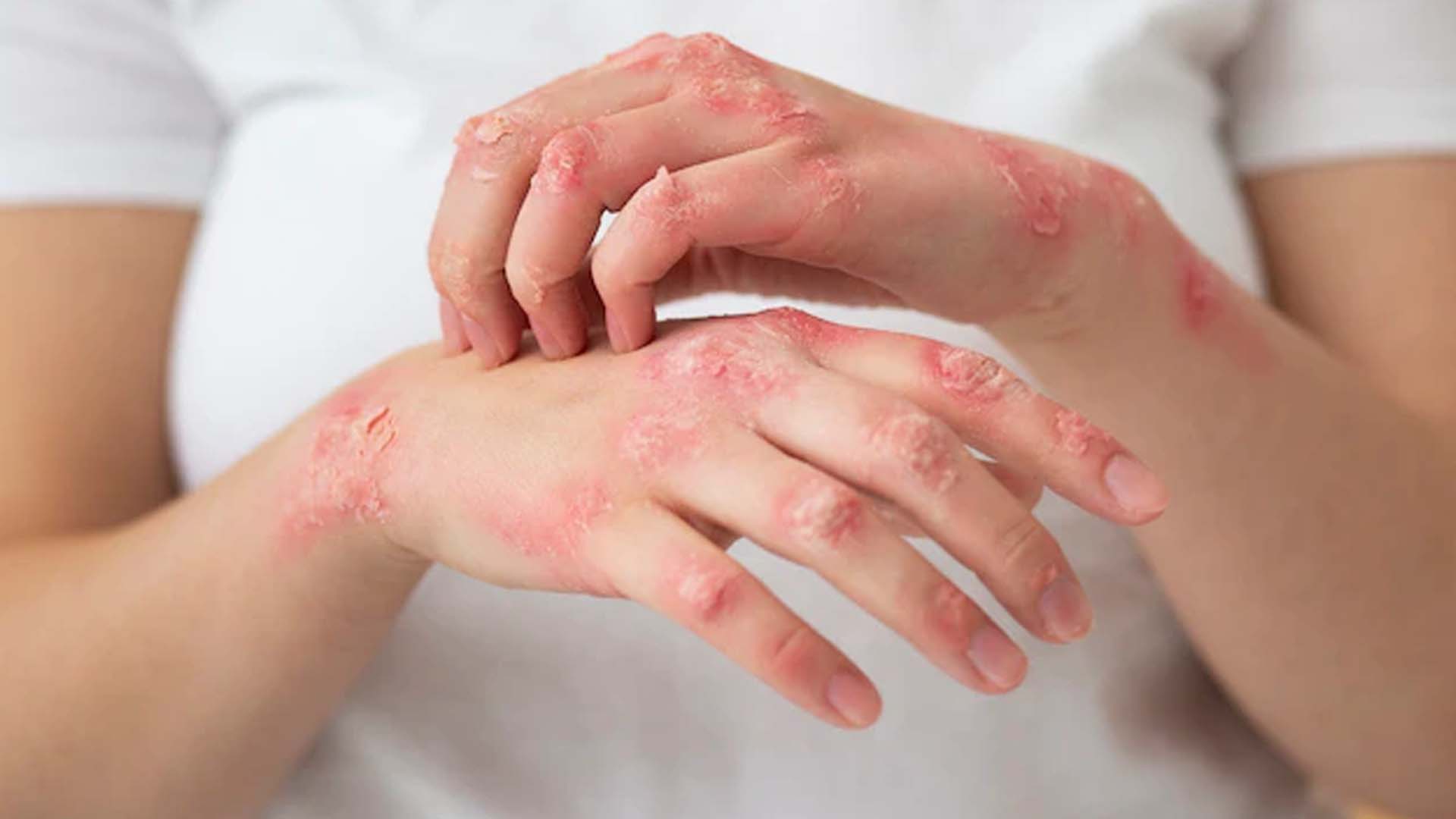Skin infections are caused by bacteria or microorganisms. That grow just beneath the skin and enter through minor injuries such as cuts, scrapes, and blisters. In most cases, these infections are minor. And can be treated with topical solutions. Skin infections, on the other hand, can become increasingly painful and dangerous if left untreated.
Types of Infection
To be on the lookout for infections, you must first understand how to avoid and treat them. First, consider the various types of skin infections.
Bacterial infections
They are common and frequently manifest as skin bumps that grow in size over time. Some are easily treated with antibiotics, while others necessitate more intensive treatment.
Viral
A virus causes viral skin infections, which can range from mild to severe and dangerous.
Fungal infections
They are typically begin in damp areas. In the body and are spread through physical contact.
Parasitic infections
These are caused by parasites that can spread from the skin to the bloodstream and organs. Some people can be difficult to be diagnosed.
Stay tuned with InterviewerPR.com
Prevention Procedures
For Children
Children are naturally at risk for skin infections due to their frequent contact with carriers. As a parent or guardian, you must take precautions to ensure that minor infections do not become dangerous.
Most importantly, make sure your child washes their hands as frequently as possible, particularly before and after playing and before eating.

Aside from standard bodily care, make sure your child changes their personal hygiene products on a regular basis. This includes toothbrushes, hairbrushes, washcloths, and towels, among other things. You should also cut or file your child’s fingernails on a regular basis because they are a breeding ground for bacteria.
If your children enjoy playing outside, purchasing bug spray or other insect repellent may be worthwhile. If your child comes home with a mosquito bite, it is important to check the site on a regular basis and treat with over-the-counter medications that will relieve the itching and irritation.
Athletes
Skin infections are common among athletes who participate in high-contact sports. Athletes are prime targets for viral and fungal skin infections due to element exposure and physical contact. Fortunately, the spread of these infections can be reduced by taking a few simple steps.

Athletes should not normally participate in sports if they have a contagious infection. They should also avoid sharing uniforms or practice equipment. It is also critical to keep equipment as clean as possible in order to avoid infection.
At Home and at Work
To avoid them, keep any damp areas of the house clean on a regular basis. This includes laundry rooms, kitchen counters, bathtubs, showers, and areas near faucets or sinks. Firstly, in your bathroom, try using disposable wipes instead of towels or washcloths to prevent moisture from settling.

Similarly, dirt and bacteria can easily settle on your keyboard. Phone, or old files in the workplace, so it is critical to keep your work area clean by dusting your desk and the surrounding area on a regular basis.
The same applies to family members as well. It is important to exercise caution when sharing water bottles, utensils, and so on. Wipe down and disinfect to be safe.



